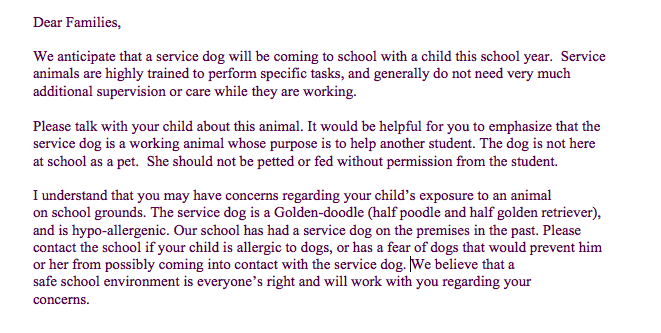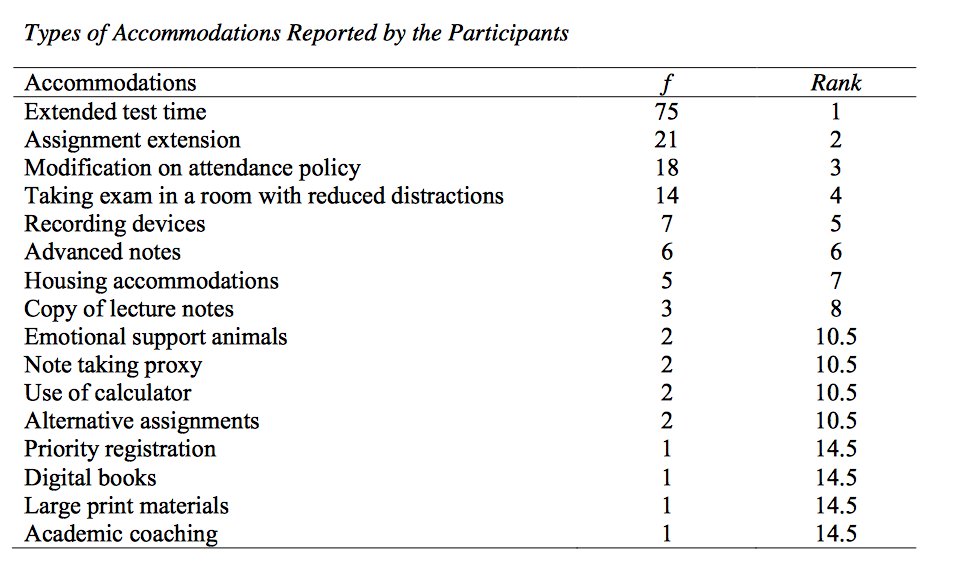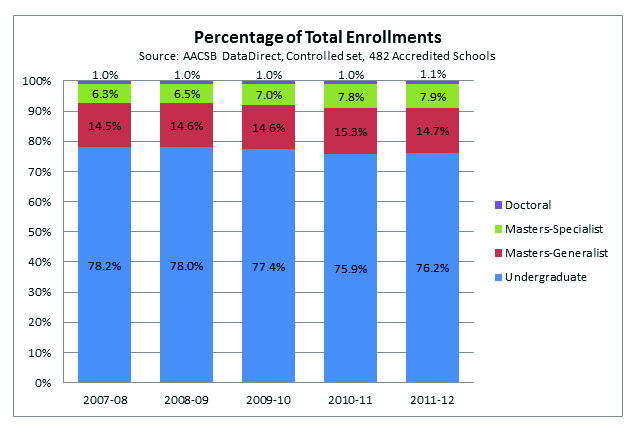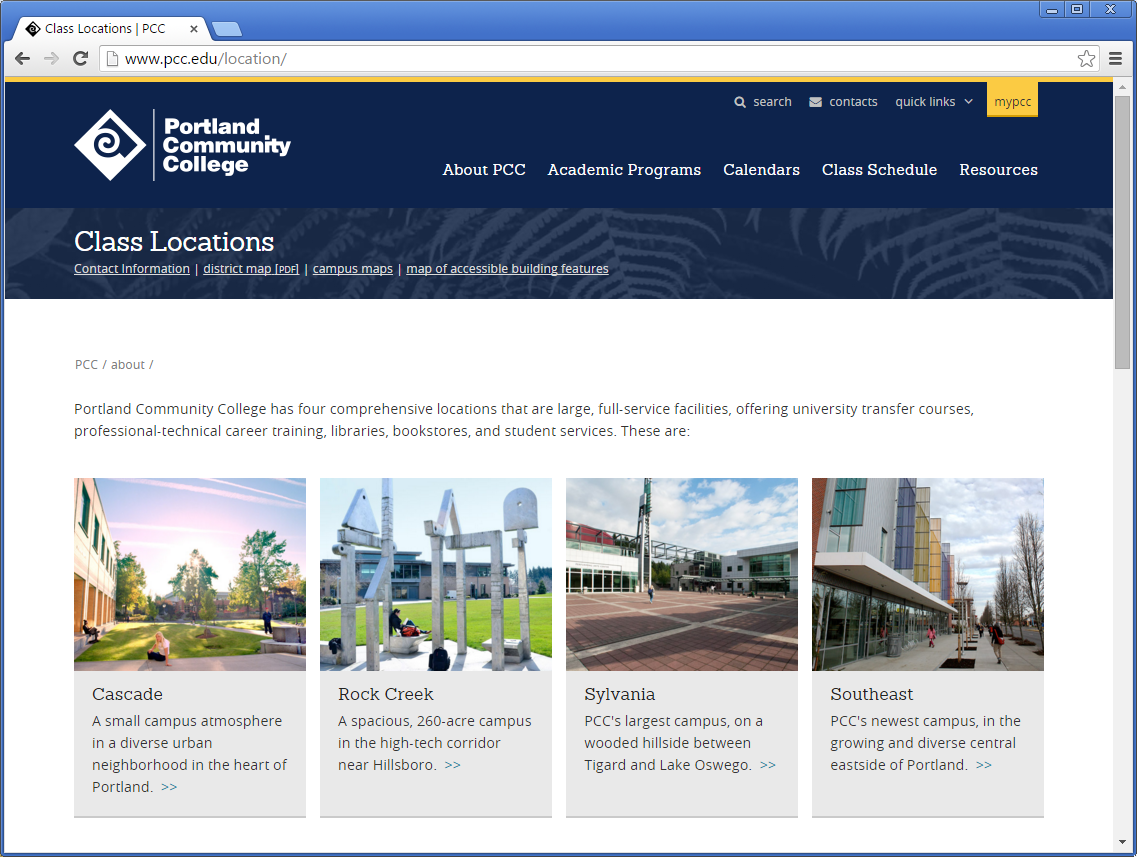When it comes to buying a service, there should be an effective way to quantify what you are paying for, right?
If there isn’t, the chances are you won’t buy it.
This applies to many services, including language interpreting. In this blog post, I will explain how most language service companies charge for interpreting services, the factors that determine the price, and the differences between working with companies vs. freelance interpreters.
If you are a buyer of interpreting services, this blog post is for you. If you request interpreters in your organization, you can share this article with your organization’s decision makers since it provides valuable insight on pricing structures within our industry.
Before I dive into the details and explain to you interpreter pricing, I’d like to make sure you are not confusing this with translation services. I wrote a separate article on translation pricing and how it works. You can find it here.
Here’s what you need to know about interpreter pricing.
Pricing Models and Structures
Here are the most common ways language service companies and freelance interpreters charge for their services.
1. Per hour
This is perhaps the most common way you will pay for interpreting services. Whether you’re working with a language service company or a freelance interpreter, the chances are you will need an interpreter for at least one hour for any given job.
This applies mostly to in-person interpreting encounters for both spoken and sign languages. Once you request an interpreter, the language service company will arrange one for you for a specific block of time.
The interpreter may not actually interpret for the entire reserved block of time, one hour in this case, but you are still expected to reimburse the interpreter for that time. The reason behind this is opportunity cost. The interpreter is reserved for your job, and therefore, forgoes other opportunities to make money.
In my experience, it is common to see one hour minimum fees in healthcare settings and two hour minimums in business and legal settings.
2. Per day
Full-day or half-day pricing makes sense if the job lasts longer than two hours. There is no set industry standard, but a good rule of thumb is that four hours of services equals a half day and eight hours of service is a full day.
Think bulk discount as well — When you’re quoted a half-day or full-day rate, the chances are that you will be offered a price break compared to paying for the service per hour.
Per-day rates make sense for longer jobs, such as expositions, trade shows and employee/customer training events.
If the job runs longer than scheduled, be sure you pre-negotiate reimbursement for overages, whether in 15-minute or 30-minute increments.
3. Per job
When negotiating a reimbursement for a specific job, you have the ability to control costs. You can basically have an interpreter commit to the job for a specific reimbursement amount agreed upon in advance. The biggest benefit to you is that you know exactly how much to budget for the service.
Of course, per-job pricing tends to be on the higher end of the spectrum compared to per-hour or per-day pricing. Interpreters may be reluctant to accept such terms unless it makes economic sense for them to do so.
Per-job pricing can apply to a visiting delegation from another country, for example. Let’s say the delegation visits for a week. There will be some meetings involved, site seeing and other activities where the interpreter accompanies the delegation for the entire time. Per-job pricing might be more cost-effective in such cases.
4. Per minute
The three models and structures I described so far are suited best for in-person interpreting. In-person interpreting is typically scheduled in advance and there is a definite start time and end time for the job.
But what if you need an interpreter on-demand, right now? You’re better off using telephone interpreting or video-remote interpreting (VRI). Both of those services are available on-demand once you have an account set up with your language service company.
For both telephonic interpreting and VRI, be prepared to pay per minute. The nice thing about paying per minute is that it helps you avoid hourly minimums. Then again, if your call takes longer than a certain number of minutes, an hourly rate might make more financial sense.
Telephonic interpreting is widely used by call centers in many industries, including healthcare, insurance and emergency first responders. VRI is becoming widely adapted in healthcare settings.
5. Minimum price and cancellation fees
Regardless whether you are choosing to request an interpreter for in-person service or over another medium, make sure you understand the terms of service. Specifically, you should be aware of any minimum fees the interpreter charges for his or her service.
Here is a quick table for you to reference about different scenarios and the terms that may apply to them.
Service: In-person interpreting| Scenario | Billing Unit | Minimum Fee | Cancellation Policy |
|---|
| Medical appointment | Hour | 1 hour | 24 hours |
|---|
| Administrative hearing | Hour | 2 hours | 48 hours |
|---|
| Business meeting | Hour | 2 hours | 48 hours |
|---|
| Employee training | Day | 4 to 8 hours | 24 to 48 hours |
|---|
| Delegation visit | Job | As negotiated | As negotiated |
|---|
Service: Telephonic & video-remote interpreting| Scenario | Billing Unit | Minimum Fee | Cancellation Policy |
|---|
| Medical appointment | Minute | 1 minute | None |
|---|
| Administrative hearing | Minute | 1 minute | None |
|---|
| 911-Emergency phone call | Minute | 1 minute | None |
|---|
| Insurance claim | Minute | 1 minute | None |
|---|
The information above is just for your guidance. Terms may vary depending on the language service company or interpreter you work with. You can read more about why interpreters charge for untimely cancellations here.
6. Mileage, travel and other related expenses
In some cases, an interpreter will have to travel to a job site. While it is possible for the interpreter to write off the mileage associated with the trip during tax preparation, he or she may want to claim that mileage to be reimbursed in advance by you.
The mileage reimbursement rate should equal that of the federal mileage rate set forth by the IRS. As of the date of this article, the rate is 57.5 cents per mile. To get the most recent rate, visit the IRS website for more information.
Other related expenses may also be claimed by the interpreter, including travel time, ferry, parking and toll fees. In some cases, airfare, meals and lodging may also need to be reimbursed.
As always, remember to negotiate such reimbursements in advance with the company or freelance interpreters you are working with.
Factors that Determine the Price
Here are some of the factors that help determine the price you pay for interpreter services.
1. Type of job
Different jobs require different levels of expertise. Medical appointments, legal depositions, business meetings, university classes, and conferences may all require interpreter assistance. All of these settings call for interpreters with specific subject-matter knowledge.
For example, interpreting in conference settings requires a simultaneous interpretation skillset, whereas consecutive interpreting is used in medical appointments.
Due to the sheer nature of different job types that require interpreter assistance, this factor plays a significant role in determining the cost of services.
2. Certification requirements
In addition to the job type, certain clients require interpreters to be certified. This is especially true for court proceedings. Many states have established court interpreter certification programs, where individuals get certified and have to maintain their credentials on an ongoing basis. There are two national healthcare interpreter certifications now as well, CCHI & NBCMI, that are gradually being adopted by healthcare providers across the country.
Because getting certified and maintaining a certification requires a financial commitment from interpreters, expect to pay a premium for their services.
3. Language combination
United States is very diverse when it comes to languages and cultures. The second most spoken language in the U.S. after English is Spanish. Since there are so many Spanish speakers, there’s also an adequate supply of Spanish interpreters.
When you have a language such as Marshallese or Tongan, things change quite a bit, since those languages are not as frequently demanded. Therefore, there are not as many interpreters available for those specific jobs.
As a result, be prepared to pay more for interpreters who specialize in languages of lesser diffusion than those that speak more common languages.
4. Location
There are two points to consider when it comes to location of service. The first is the location itself. Requesting interpreter services in a major metro area such as Portland, Oregon will probably be a lot easier than in a smaller market such as Yakima, Washington.
The second is the interpreter’s location in proximity to the place of service. If the interpreter has to travel for the job, he or she may claim mileage and other related fees, driving the overall cost of services up.
When working with language service companies or freelance interpreters, be sure the interpreter is located close to where you will need his or her services, as this will save you costs.
5. Location
The bigger the volume, the more discount you can potentially get. In other words, the more consistent work opportunities you can offer, the better price you can leverage. If you are planning to make a one-time request for an interpreter, be prepared to pay for it.
If it’s an ongoing commitment, specify this to your language service company or a freelance interpreter and ask for a better price.
Company vs. Freelancer Pricing Comparison
Some clients prefer to work with language service companies, while others prefer to work directly with freelance interpreters. There are also some that work with both. Which is right for you will depend on your service needs.
When comparing prices between the two options, you might assume that working with a freelancer will definitely be more cost-effective. Your assumption may be correct, especially if you plan on working with only one or a handful interpreters at most. You will have the leverage to negotiate a direct reimbursement rate with those interpreters, bypassing the referral benefits of a language service company.
If you work in a larger organization that has a need for many interpreters, working with freelancers may not be the most cost effective way to go for you. Even with the latest interpreter scheduling software, you need to consider the staff time you will need to dedicate in managing scheduling, billing and other related tasks, when working with freelancers.
Working with a language service company helps you unload those tasks and just focus on requesting interpreters for your specific jobs. The language service company handles the scheduling, billing and other tasks related to interpreter services on your behalf.
I created the table below to help you see the benefits each scenario can provide for you.
Benefits Table| Benefit | Language Service Company | Freelance Interpreter | Both |
|---|
| Language-specific Cost Savings | Yes | Yes | Yes |
|---|
| On-demand Service | Yes | Yes | Yes |
|---|
| Subject-matter Expertise | Yes | Yes | Yes |
|---|
| Dedicated Account Management | Yes | – | Yes |
|---|
| Different Geographic Locations | Yes | – | Yes |
|---|
| Professional Liability Insurance Coverage | Yes | – | Yes |
|---|
| Variety of Languages | Yes | – | Yes |
|---|
| Overall Cost Savings | Yes | – | – |
|---|
| Consistent Billing & Scheduling Process | Yes | – | – |
|---|
What about Free Interpretation Services?
I say this again and again: You get what you pay for. On a rare occasion, you may have a professional interpreter volunteer his or her time for your job. However, don’t expect this to be an ongoing thing. Being a professional interpreter is a career. People who work as professional interpreters get paid accordingly.
Those not familiar with the language services industry oftentimes assume that bilingual individuals are interpreters. This is simply not true. It is true that an interpreter is bilingual, but a bilingual individual is not necessarily an interpreter. You can read more about that topic here.
If you are looking to work with professional interpreters, be prepared to allocate a budget for their services. On very rare occasions, you may get lucky with one that volunteers his or her services at no cost.
How much will interpreting services cost us?
Every event requiring interpreting services is unique, including yours.
Let’s discuss the details, so we can provide you with a ballpark estimate.
For most events, we can typically provide a ballpark estimate the same day. Contact us to get started.
Conclusion
You’ve now learned about pricing for language interpreting services and how it’s determined. Having this knowledge, you are now in a better position to procure and request interpreters from language services companies or working directly with freelancers.
Share your experiences with interpreter pricing and any questions you may have in the comments.


















